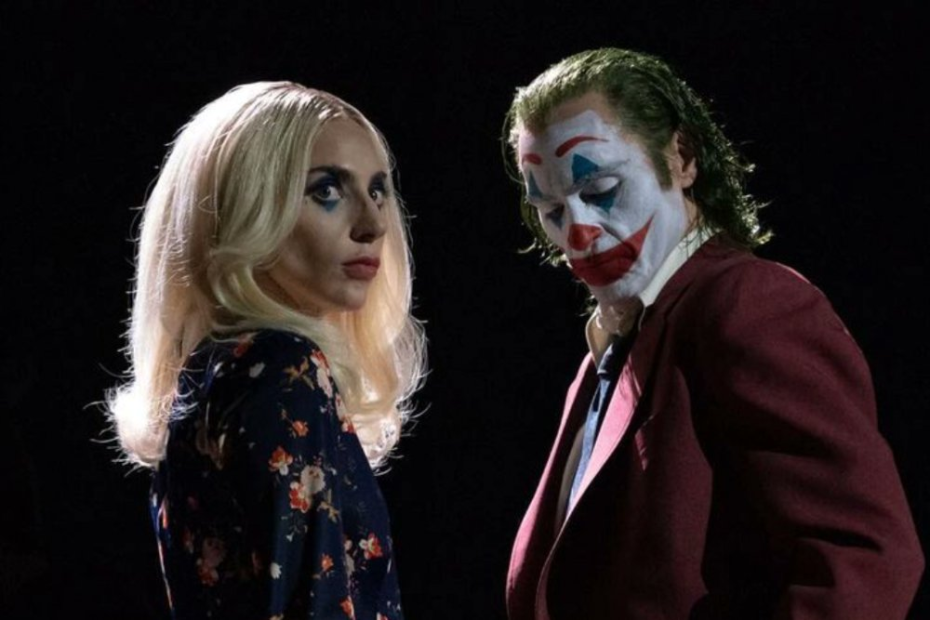“Joker: Folie à Deux” is a solid definition of a cycle that rises and then crashes. Instead of taking off like everyone hoped, this highly anticipated film fails to carry the torch forward.
Weird ending? Gather around.
Here’s a review and the reasons why this movie leaves a lackluster impression.
The film continues the story of Arthur Fleck, who transformed into the Joker in the first movie. It focuses on his life inside Arkham, where, after a series of events, he meets his “ride or die,” Harley Quinn—though in this case, it’s Lee Quinn.
When the sequel was first announced, and Lady Gaga was cast as Harley Quinn, who wasn’t excited?
But here’s the problem: While people were curious about Joker’s next chapter, I don’t recall many asking for a sequel. With all the narcissism and confidence in the air, the creators thought they could craft another magnum opus. But just as it tried to take flight, it was already halfway burnt. Ouch.
I began to doubt when rumors spread that the movie would be a musical. And, well, turns out it’s true—it’s a musical. I mean, is it because Lady Gaga’s in it that she has to sing? Man, if I wanted to hear Lady Gaga sing, I’d go to YouTube or Spotify and type “Poker Face.” The message of the song is the same, right? You expect A, but you get B. And the film? You expect to shout “Whoa!” but end up saying “ugh.”

Notice the difference in tone?
People wanted to see Lady Gaga act her heart out as Harley Quinn, but instead, she got stuck with the worst version of Harley—the part where she’s obsessed with Joker. In this film, Harley is just Joker’s servant, laying out the carpet and reviving the Joker persona that seemed to have been buried. Come on, Harley Quinn is so much more than just a crazed fanatic. On top of that, Lady Gaga’s portrayal of Lee lacks the key traits of Harley.
So, I’m going to say it here—don’t compare Lady Gaga’s Harley Quinn to Margot Robbie’s. It’s like comparing apples and oranges.
Now, it’s fine if they wanted to make a musical, but seriously, I had to check multiple times, “Wait, did WB get acquired by Disney?” Like, every few minutes there’s another song. What is this, trying to compete with “Kuch Kuch Hota Hai” or what? It felt like the movie was confused about what it wanted to be because it was living in the shadow of the first film’s success, which was considered “different.”
Maybe in the brainstorming stage, someone said, “Let’s make it even more different.” But being different doesn’t always mean better. I felt like the movie lost its direction.
The title “Folie à Deux,” which means a shared mental disorder, almost felt like it was trying to infect the audience too.
There was a statement that this version of Joker wouldn’t follow or be connected to the comics, but it’s disappointing to see such a major character feel underwritten and underdeveloped.
Of course, there are still some things that save the movie, mainly Joaquin Phoenix’s performance and the stunning visuals. Dang, the visuals! The imagery is fantastic, especially the lipstick scene. Wow.
Oh, and I have a theory about the ending of Joker. I believe that Arthur Fleck was never the Joker to begin with. In the closing moments, Arthur even admits it, and there’s something significant that made me sure he isn’t the Joker: when he begs Harley/Lee (whoever she is to you).
Joker never begs Harley in a vulnerable way—he manipulates her often, but never begs. In this film, Arthur seems inferior to Harley and trapped in his own feelings, which leads Harley to leave because what she’s looking for is Joker, not Arthur.
Finally, at the end, we’re shocked when Arthur is stabbed to death by a fellow inmate after trying to tell him a joke. This inmate gets a few shots that hint he might play a key role.
But the twist isn’t just Arthur’s death—it’s the look and laugh of the person who stabbed him.
If you look closely, the inmate forms a “Glasgow Smile” on his face, and his laughter eerily resembles Joker’s (maybe Heath Ledger’s version?). We have to remember, Joker never had a concrete identity, not even Batman knows who he is.
So what if Arthur was never Joker? Sure, he popularized the persona, but in the end, Joker could be anyone. Joker is a symbol of chaos and madness, and he doesn’t have emotions—whereas Arthur still does.

I feel more convinced that Joker’s persona is “passed down” to the inmate who stabbed him. As Arthur is being stabbed, the lyrics of the song he’s singing include the line, “I want to have a son.” Of course, it’s not a son in the literal sense, but it could mean he’s passing the torch as the Joker. Plus, the inmate played by Jacob Lofland has an unknown identity, making him a perfect candidate to become the Clown Prince of Crime.
